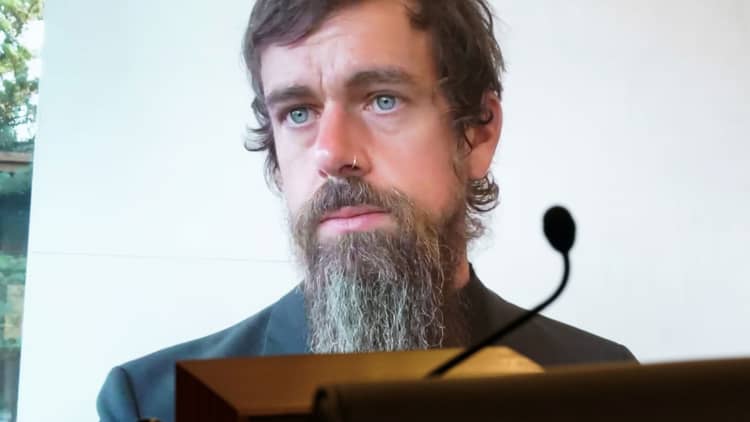The CEOs of Facebook, Google and Twitter testified before the Senate Commerce Committee on Wednesday to defend their legal liability shield.
Bipartisan members of the committee are eager to reform Section 230, which protects tech platforms from liability from their users' posts and also allows them to moderate and remove posts they find objectionable. The shield has come under attack from Republicans who accuse platforms of using it to shield them from claims of bias and Democrats who accuse them of failing to effectively remove harmful content.
You can watch the full hearing below:




